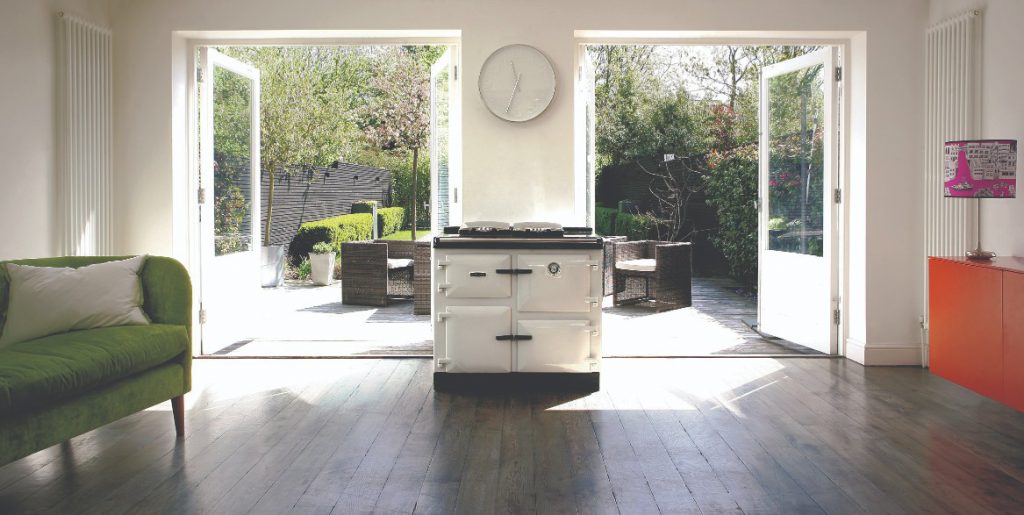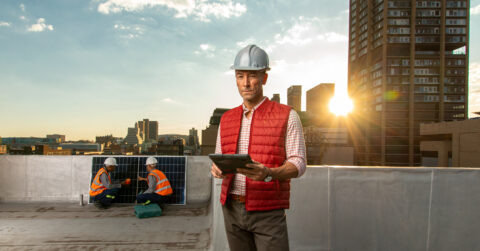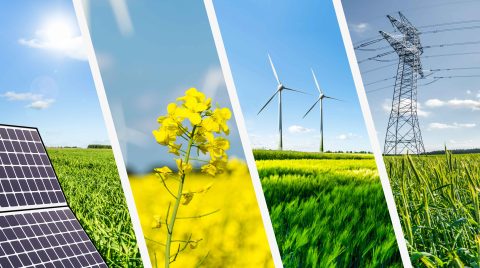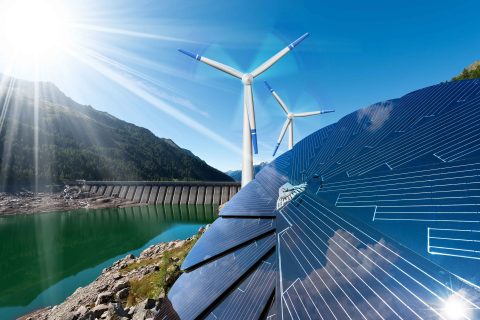Sunday Times Green
The Light-Bulb Moment
Thinking of installing renewable energy at home? Here are some top tips from the experts about what to consider before, during and after buying solar or wind generators.
Be more efficient
Chances are that you are using a lot more energy at home than you need, and understanding where you can reduce your consumption can save a fortune when it comes to installing your own power source.
“Cut down on your main energy users, which are usually the stove, geysers and air conditioners, to name a few,” says Vincenzo Chen Sagnelli, of Sagnelli Associate Architects.
”You need to think of simple ways of screening your home from the direct impact of our sub-tropical sun, and create adequate cross-ventilation through shaded patios on either side of living spaces which ensures cool air in the home.”
Going for gas
Raig Russell, managing director of AGA in South Africa, believes that a good place to start with reducing your electricity consumption is with the heart of the home – the kitchen. Electric ovens are one of the main reasons your power bill is high, and a modern gas range can also reduce electricity in other parts of the home.
“What makes this a very special appliance is that it is an oven and stove, plus it has a built-in boiler,” says Russell. “That provides radiators with central heating and domestic
hot water at the turn of a tap.”
Think before you install
South Africa has unrivalled potential for solar power, but your domestic use patterns will influence the type of system you install. If your consumption is mainly during the day, says Armando Da Silva of Solar Advice, a “grid-tie inverter” will intelligently match supply from a mix of rooftop panels and Eskom, depending on your demand.
“If the homeowner’s consumption is mainly during the night, the use of batteries in conjunction with PV modules would be beneficial. This would require a hybrid inverter that can connect both to the grid,” says Da Silva. ”This will ensure the batteries are charged with PV power, so that it can be used when the PV power is low.”
Watch the geyser
Marloes Reinink, the founding director of consulting agency Solid Green, points out that “most of the energy used in residential environments is for hot water; so, if or when you are renovating, consider replacing or upgrading your hot-water system. The most efficient way of heating your water is with a solar heater and a heat pump as your back up. However, this can become an expensive exercise. A heat pump is also a great way of heating your water efficiently; it still uses electricity, but significantly less than a traditional geyser”.
If you’re unable to replace the geyser completely, look at investing in a controller that will prevent the element from switching on when the water is already hot.






 Sign-up and receive the Business Media MAGS newsletter OR SA Mining newsletter straight to your inbox.
Sign-up and receive the Business Media MAGS newsletter OR SA Mining newsletter straight to your inbox.